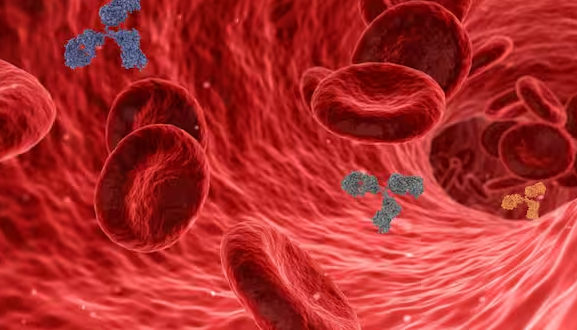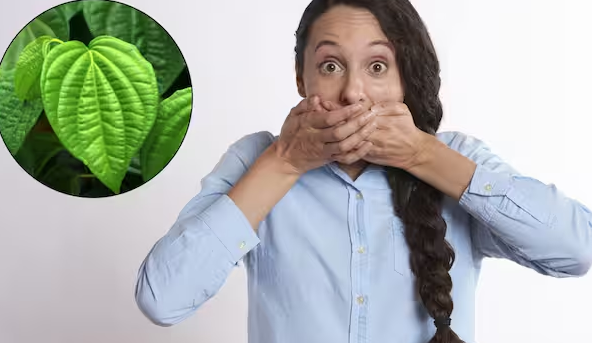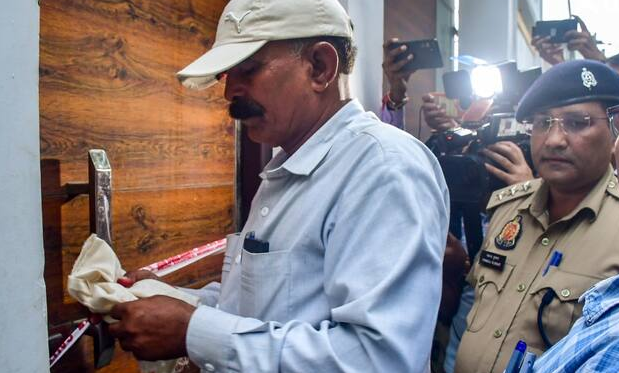Coldrif Syrup Ban: Delhi government takes a big step, bans Coldrif syrup, know the reason
- bySherya
- 11 Oct, 2025
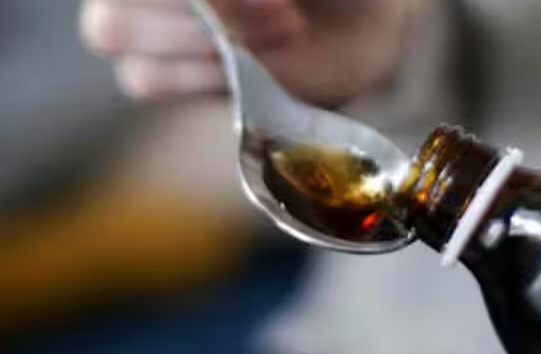
Coldrif Syrup Ban: This medicine is prescribed to treat coughs and fever in children, but 20 children have died from its use. The Delhi government has now banned it.
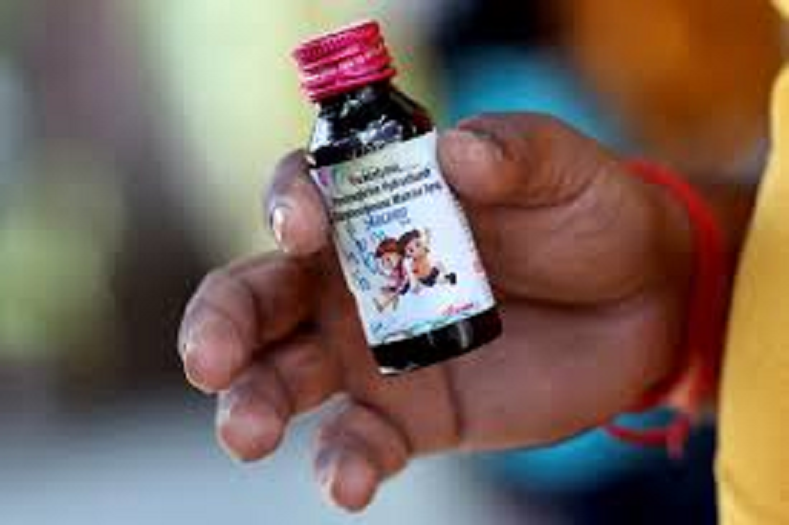
Coldrif Syrup Ban: Amidst the growing number of counterfeit and adulterated drug cases in the country, the Delhi government has taken a significant step. The government has completely banned the sale, use, and distribution of Coldrif cough syrup. This decision was taken because it was confirmed that the drug contained dangerous chemicals that could be extremely hazardous to health.
The special thing is that this medicine is given to treat cough and fever in children, but due to its consumption, 20 children have died so far in different states, after which this issue has become a matter of concern at the national level.
Government-issued notice
The Delhi government's Drug Control Department issued a public notice on October 10th, stating that a dangerous chemical, diethylene glycol, had been found in Coldrif syrup. This chemical is highly toxic to the body and can cause serious health problems, even death. This chemical is commonly used in industrial applications, but if it gets into medicines, it can cause kidney failure, liver damage, and other life-threatening diseases. Therefore, it has been declared an adulterated drug and ordered to be removed from the market with immediate effect.
Many states took strict measures.
Delhi isn't the only state to ban this drug. Kerala, Madhya Pradesh, Tamil Nadu, and Punjab have also banned the sale and use of Coldrif syrup. At least 20 children have died from the syrup, and some are still undergoing treatment. This incident has caused widespread outrage across the country. The Delhi government has also warned the public against consuming Coldrif cough syrup in any form.
According to a government report, this syrup was manufactured by a company called Season Pharmaceuticals, whose plant is located in the Kanchipuram district of Tamil Nadu. Tests revealed that batch number SR-13, manufactured in May 2025 and expiring in April 2027, contained 42.28% w/v of diethylene glycol. This amount is significantly higher than normal and is considered a direct health hazard.

